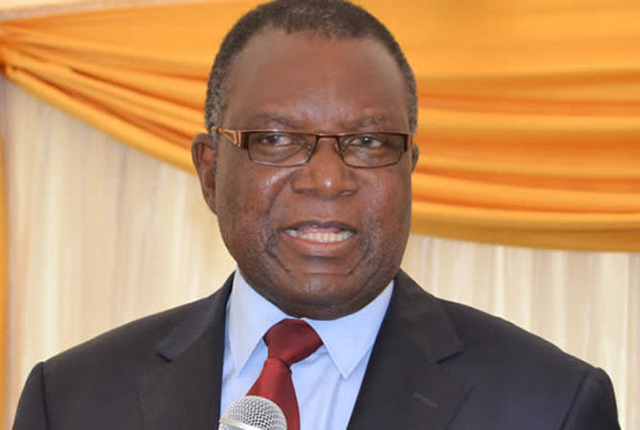CDC to migrate to T+3 settlement

 Chengetedzai Depository Company (CDC) is set to migrate from the current Trade plus five days T+5 settlement cycle to T+3 by April this year following consensus from market participants.
Chengetedzai Depository Company (CDC) is set to migrate from the current Trade plus five days T+5 settlement cycle to T+3 by April this year following consensus from market participants.
In an operating update for December 2016, CDC chief executive officer Campbell Musiiwa said migration from the Delivery Versus Payment (DVP) model 2 to DVP model 3 is also a key target for this year.
“CDC recognises the importance of further improving the capital market through the introduction of international best practice, reduction of counter-party risk and increasing convenience for the investing public. As such, the shortening of the settlement cycle from the current T+5 to T+3 together with migration from Delivery Versus Payment (DVP) model 2 to DVP model 3 have been identified as key targets for 2017,” he said.
This also comes as Thomas Murray, Global Rating Agencies, has upgraded Chengetedzai’s CSD rating from BBB to A.
Mr Musiiwa said following the attainment of a number of key drivers such as the introduction of the CSD Penalties Framework and settlement of trades in central bank money, a market forum meeting was held in December 2016.
During this meeting, he said, CDC and the CSD Participants agreed on a roadmap to migrate to a T+3 settlement cycle with a target date of 1 April 2017.
“It was also resolved to schedule migration to DVP model 3 after the achievement of T+3 and the carrying out of a post implementation review in order not to introduce too many changes at the same time. The tentative date for migration to DVP model 3 was therefore set for Q4 2017,” he said.
This means that equities will be delivered in exchange for payment in four days (T+3) versus the previous six-day (or T+5) settlement cycle. A substantial portion of the risks in the downstream activities within the financial markets value chain (i.e. clearing and settlement) is directly related to the length of time it takes for trades to settle. In capital markets time equals risk. A shorter settlement cycle has positive implications for the volume of transactions and market liquidity.
Mr Musiiwa said the company will also continue to explore other opportunities to introduce new products and enhance existing products and processes while effort will also be directed towards increasing awareness and participation on the CSD by the investing public.
Meanwhile, at the close of December 2016, the total number of CSD accounts stood at 8,172, 87 percent of which were for local investors. 121 new accounts were opened in the month of December 2016 with individual investors accounting for 72 new accounts
The average de-materialisation penetration ratio (Demat ratio) across all counters was unchanged at 32 percent as at 31 December 2016. Pearl Properties, Dairibord and Art Corporation were the top three demat companies.
According to Musiiwa, the CSD recorded 221 new securities deposit transactions in December 2016 bringing the cumulative number of securities deposit transactions processed since going live to 42 429. A total of 8 127 transactions were processed in the year 2016.
Turnover increased 11 percent from $23,46 million recorded in November 2016 to $25 996 million and accordingly was the highest monthly turnover achieved in the year 2016. The total number of trades processed since going live now stands at 17 158 with 1 100 new ZSE trades being processed in December 2016. Market capitalisation increased 0,54 percent from $3, 804 billion as at 30 November 2016 to $4 008 billion as at 31 December 2016 while the value of the securities placed on the CSD stood at 1 785 billion as 31 December 2016, accounting for 45 percent of the ZSE market capitalisation.
On the fixed income project, Mr Musiiwa said the gazetting of the ZSE Debt Market Rules remains outstanding.
“It is still unclear when this will be achieved as the authorities have not issued any communication in this regard. CDC, together with the ZSE, continues to lobby for the speedy conclusion of this objective given its importance in the company’s strategy of broadening its product and revenue base,” he said.
“A parallel process of engaging potential issuers for on-boarding of eligible over-the-Counter (OTC) fixed income securities is also on-going,” he added. — Wires.










Comments